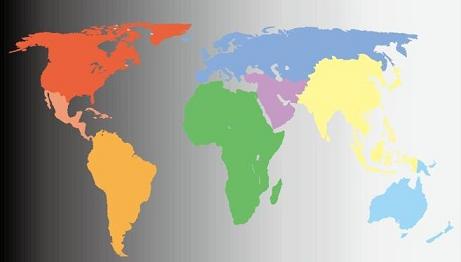The mercantilists proposed Mercantilism theory of international trade. They were a group of economists who preceded Adam Smith. The foundations of economic thought between 1500 and 1800 were based on mercantilism. Mercantilists believed that the world had a finite store of wealth; therefore, when one country got more, other countries had less. Mercantilists restricted imports and encouraged or subsidized exports as a conscious policy to make their citizens better off. Mercantilists judged the success of trade by the size of the trade balance.
Mercantilism was a sixteenth-century economic philosophy that maintained that a country’s wealth was measured by its holdings of gold and silver.… Read the rest
